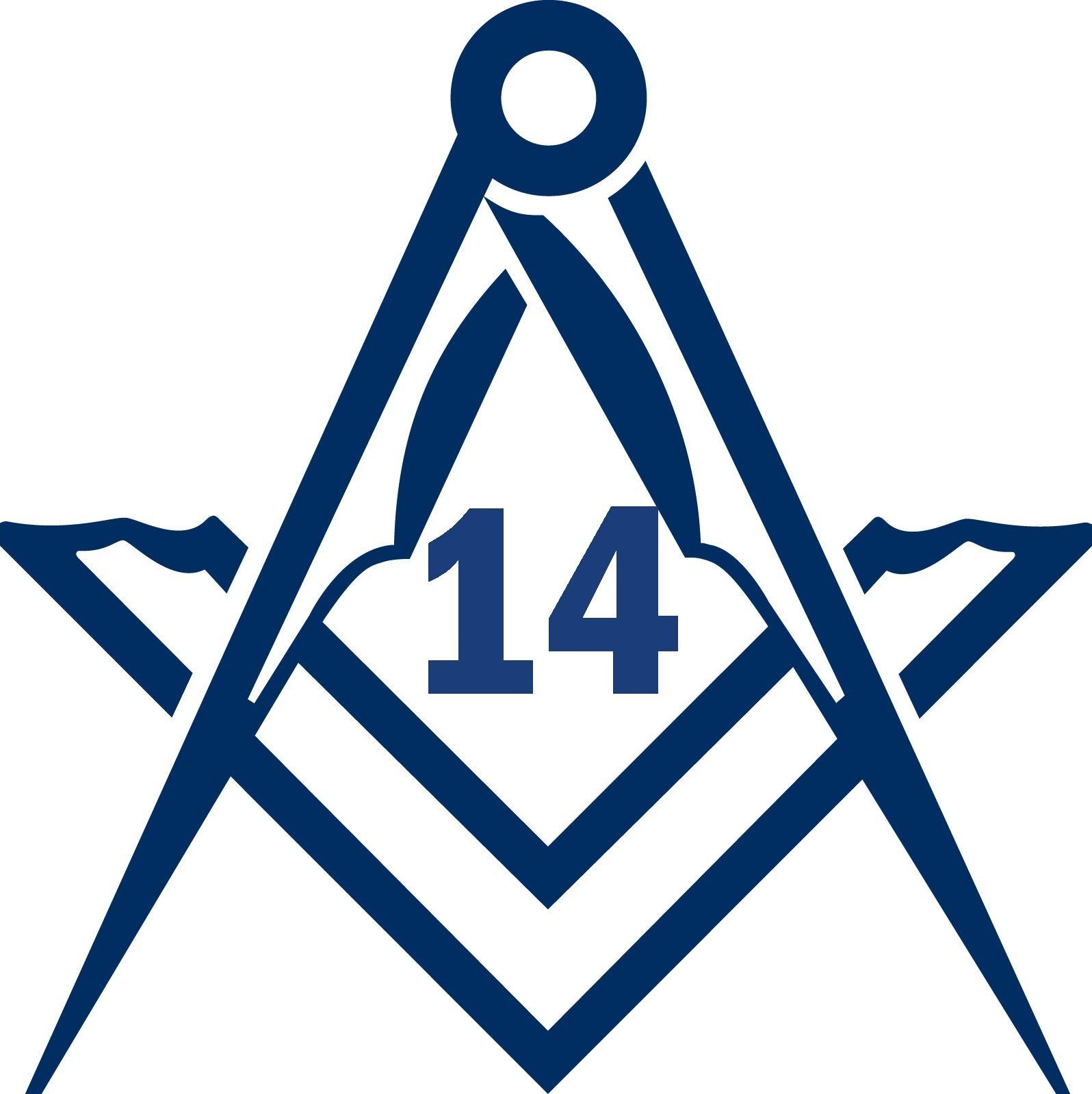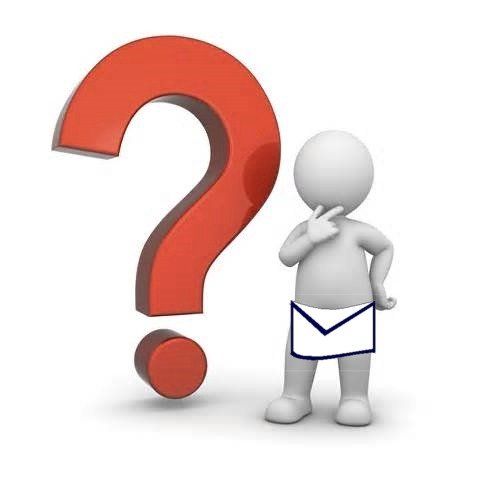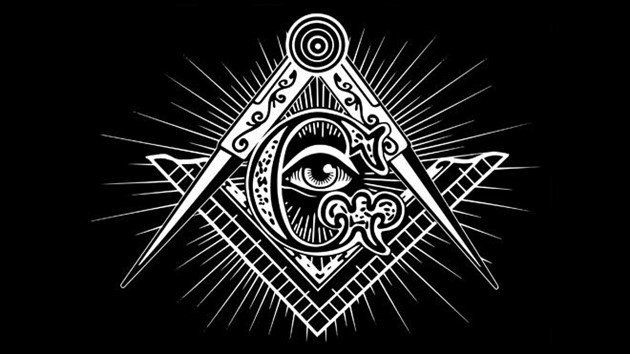What is Freemasonry ?
What is Freemasonry
What is Freemasonry?
Freemasonry has been described as ”A beautiful system of morality, veiled in allegory and illustrated by symbols"
All very well, but potentially written in the 1700's. Freemasonry is many different things to different people and as such is difficult to explain. At its core it is a brotherhood of men using the tools of the early stonemason as a metaphor to apply teachings of morality. A brotherhood of men who apply these teachings to everyday life and to assist their brethren and the community at large.
What Freemasonry is not!
Like everyone else who is not in the craft, you will have heard many rumours regarding Freemasonry and its practices. For a brief debunking please read on. If however you have the time, this is an excellent article by a Mason far more scholarly than I - Difficult Questions about Freemasonry
When did Freemasonry begin?
The first grand lodge, established to govern Freemasonry in England and Wales, was formed in 1717, during a meeting at a pub in the City of London called the Goose and Gridiron. At that time there were four lodges in the city. But in Scotland, a masonic lodge in Edinburgh has records to show that it has been in existence since at least 1599. During the early 18th century, Freemasonry spread quickly to Europe and the colonies.
Why are they so secretive?
Freemasonry’s guiding metaphor is the craft of stonemasonry: it models itself upon the fraternities of medieval stonemasons who would use secret words and symbols to recognise each other’s legitimacy, and so protect their work from outsiders. During some periods of history, Freemasons have been persecuted – by the Nazis, for example
– and have needed to go underground to survive. But there are persistent suspicions that Freemasons are secretive in order to conceal the way in which they can assist each other in business and the workplace.
Is there any substance to these claims?
Such rumours are very rarely substantiated, and masons are expected to swear an oath that they will not be involved in “any act that may have a tendency to subvert the peace and good order of society, by paying due obedience to the laws of any state”.
Is Freemasonry a religion?
No, it is a secular movement, although new members are expected to acknowledge a belief in a God-like superior being, often called the Grand or Great Architect of the Universe. Anyone believing in a single deity may be admitted. Rudyard Kipling, who was a member of a masonic lodge in Lahore, wrote several poems about his fellow masons who were Muslims, Hindus, Sikhs and Jews. In theory, all discussion of religion and politics is prohibited within lodges.
Are the identities of all Freemasons kept secret?
No, individual masons can declare themselves if they wish, and the names of senior officers of the brotherhood in England, Wales and Scotland can be found in a masonic year book or easily found online. The grand master Mason of England is the Duke of Kent. Prince Philip, the Duke of Edinburgh, is a member of a navy lodge. Others who have declared their membership in recent years include the Rev Jesse Jackson, the former astronaut Edwin “Buzz” Aldrin and musician Rick Wakeman. However, a great many masons do not disclose their membership outside the brotherhood. In recent years there have been calls for Freemasons to become more open about the craft, most notably by the most senior of Scottish Masons
Freemasonry in Scotland
Freemasonry in Scotland, in Lodges chartered by the Grand Lodge of Scotland, comprises the Scottish Masonic Constitution as regular Masonic jurisdiction for most freemasons in Scotland. There are also Lodges operating under the Scottish Masonic Constitution in countries outside of Scotland. Many of these are countries linked to Scotland and the United Kingdom through the Commonwealth of Nations and prior colonies and other settlements of the British Empire although there are several lodges in countries such as Lebanon, Belgium, Chile and Peru, which do not have such connections.
The Grand Lodge of Scotland is independent of, though in amity with, both other Grand Lodges established in the British Isles, the United Grand Lodge of England and the Grand Lodge of Ireland. As of 2018, it consists of 32 Provincial Grand Lodges in Scotland and 26 District Grand Lodges beyond the boundary of Scotland.
A Way of Life
There are now around 4 million Freemasons under more than 100 "regular" Grand Lodges worldwide. Membership of the Craft is open to every respectable man who believes in his personal Supreme Being.


